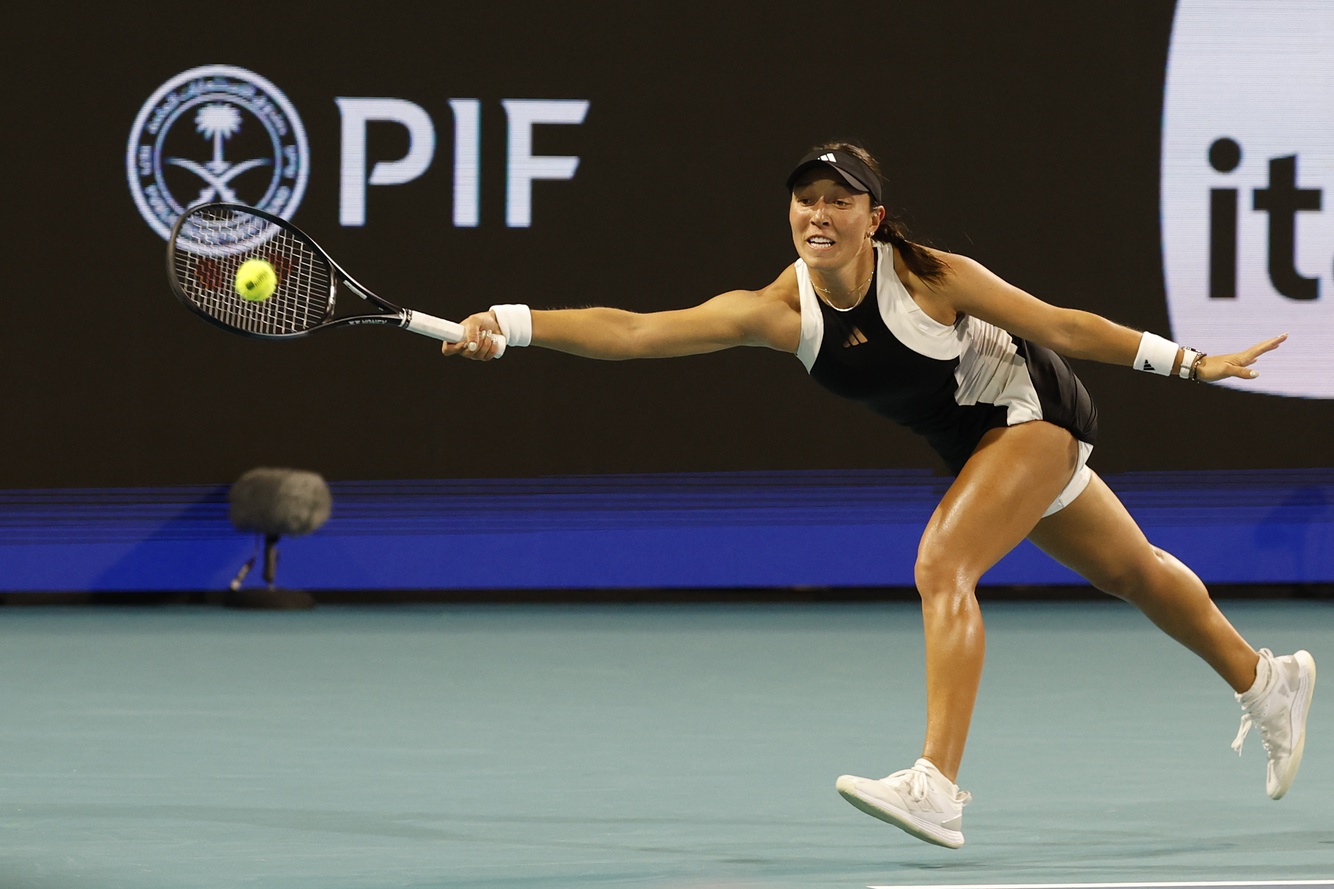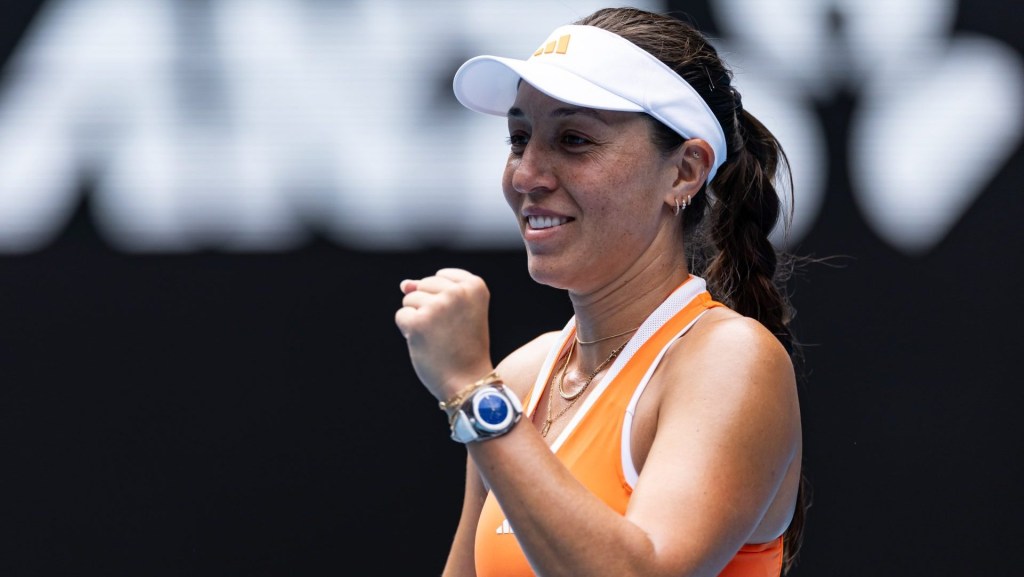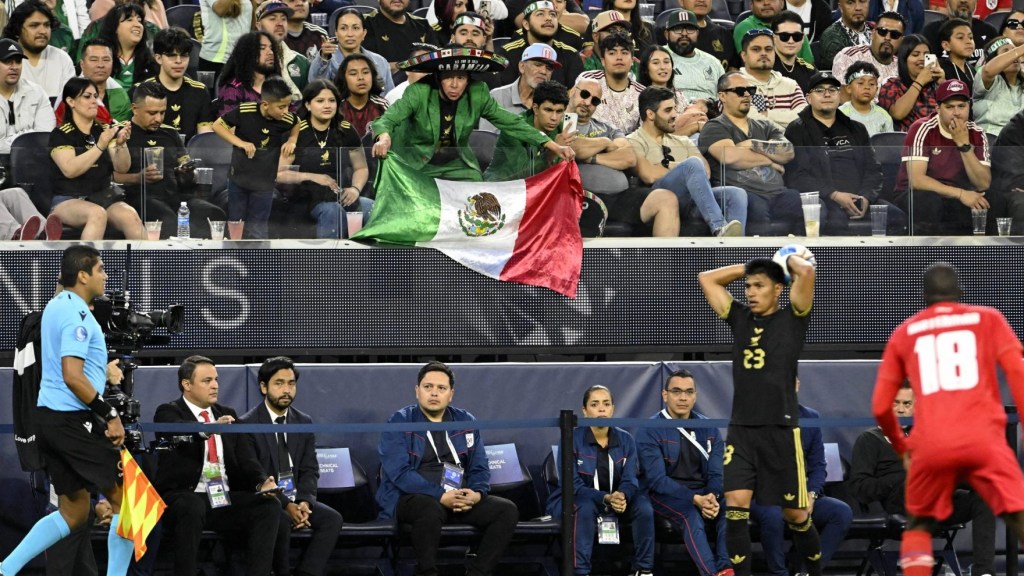Professional tennis is grappling with a future that may include a merged men’s and women’s tour, a Formula One–style world tour alongside the four Grand Slams, and possibly billions of investment dollars from the Public Investment Fund of Saudi Arabia or other entities.
To break down all the biggest issues off the court, Front Office Sports caught up with Jessica Pegula (above) in Charleston, S.C., ahead of the city’s long-running WTA event this week. “To have it be a women’s-only event where we feel like we get treated better almost than any other event is pretty cool for us,” says Pegula, the No. 5–ranked player in the world and daughter of Buffalo Bills and Sabres owners Kim and Terry Pegula.
Here’s what was on her mind:
The pros and cons of a potential ATP-WTA merger
It seems like everyone is pretty open to it. I feel like I would be open to it. I feel like it would make sense that it would be bigger and maybe better. It’s so hard with tennis because everything is so fractionalized and everything’s its own: There are the Grand Slams, and the ATP, and the WTA, and the ITFs, and every tournament is kind of run individually. So, it makes it really hard to grow the sport when everyone is in their own self-interest.
What more investment from the Saudi PIF in tennis could look like
They seem to kind of know that they want to get involved. It doesn’t seem like it’s a question. It seems like: “We’re going to. We don’t know when yet, but it’s going to happen.” After seeing what happened with LIV and that kind of didn’t go well, it seems like they want to do it in a better way because obviously they’re doing it to help sports and stuff, but they don’t want to look bad as well. So I think they’re definitely open with tennis, it seems like, to doing it maybe in a more friendly or mutual way where it doesn’t end up like LIV, where you’re kind of split and now it created a lot of bad backlash and everything. So I hope for tennis that it goes in a better way.
Thoughts on the PIF’s new naming rights deal with the ATP rankings
You saw their sponsorships all over any walls in Miami. But, ironically enough, you didn’t really hear anyone talk about it. I was like, ‘Oh, that’s kind of funny.’ We have it all over the back of the courts and I didn’t get any questions about it. I didn’t hear any drama or negative type of press.
What WTA players think about potentially parting with the PIF
We’ve definitely spent a lot of time talking to women in Saudi Arabia. We have [No. 6–ranked Tunisian player] Ons Jabeur, who is also from the Middle East and a couple other girls. We’ve really taken the time to speak to them, and try to understand that and be like, “Are we making the right decision? Are we going to be helping women and women’s sports in those countries?” And so far the feedback we’ve gotten has been, “Yes, it’s changing.”
How much impact the WTA’s $150 million sale of a 20% minority stake last year to CVC Capital Partners has had so far
I know that they’re going to be doing a lot more with the TV deals, media, social media, and the overall image of the brand. And, at least for me on a small scale, week to week at tournaments, I think I’ve already noticed better social media, more ideas, definitely a lot more communication with the players. So, I think already, we’ve seen a little bit of a change and how much they really want to grow women’s tennis and the brand and flip the narrative of that. So yeah, I definitely have already seen improvements.







![[Subscription Customers Only] Jun 15, 2025; Seattle, Washington, USA; Botafogo owner John Textor inside the stadium before the match during a group stage match of the 2025 FIFA Club World Cup at Lumen Field.](https://frontofficesports.com/wp-content/uploads/2026/02/USATSI_26465842_168416386_lowres-scaled.jpg?quality=100&w=1024)
![[Subscription Customers Only] Jul 13, 2025; East Rutherford, New Jersey, USA; Chelsea FC midfielder Cole Palmer (10) celebrates winning the final of the 2025 FIFA Club World Cup at MetLife Stadium](https://frontofficesports.com/wp-content/uploads/2026/02/USATSI_26636703-scaled-e1770932227605.jpg?quality=100&w=1024)








